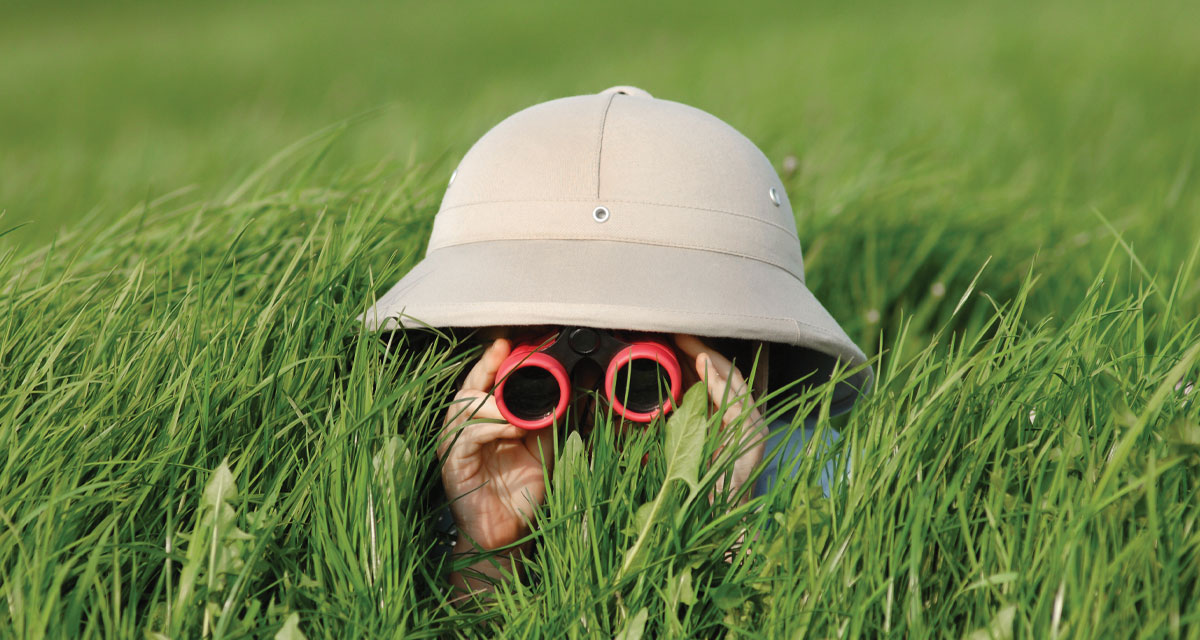Once upon a time, kids and dirt and exploration went hand-in-hand. The image almost sounds like a familiar fairy tale. City and country children had one commonality; they both preferred spending time in the outdoors. A place of freedom and friends, building relationships, and continually moving! After hours of play, children returned home feeling happy, hungry, and ready to recount the day’s adventures. Interaction and discovery played into activities, from watching anthills to climbing trees, swinging in a tire to building sandcastles, and identifying the shapes of passing clouds. These fun activities were the necessary building blocks for a child’s brain, body, and character.
Nature-Deficit Disorder
Children of yesterday felt punished by the restriction of being indoors; yet, ask a child of today, and they will often prefer to be home. Children understand when fears of the outside world limit their movement; the best alternative seems to be a connection to technology and accommodation to its outlets. On average, children spend up to seven hours daily and up to 57 hours weekly in front of a screen. The time outdoors is under 70 minutes a week.
Just a picture of a green environment can improve mental health. Since screen time is such a popular choice, children need a reason to enter the natural world and play, whether in a park, creek, woods, farm or in the yard. Sometimes, parents must force their children to go and be in nature. Dr. Richard Louv, the American author of Last Child in the Woods, writes, “…Rough edges are the places children gravitate toward to explore, where they find rocks and weeds and bugs. Efforts to provide nice-looking and safe outdoor spaces are well-intentioned, but they give kids the message that nature is not something you go out in to get your hands dirty.”
What are the benefits?
- Compared to the narrow scope of a screen, the senses widen in the natural world to include seeing, hearing, and touching.
- Exploring nature enhances problem-solving skills and aids learning.
- Experiences outdoors improve science scores.
- Being in nature provides a period of rejuvenation to improve concentration, creativity, and mental energy.
- Contact with nature reduces symptoms of ADHD, anxiety, and stress.
- Exploring in nature helps foster conversations about science and responsibility.
- Sunshine offers vitamin D.
- Play outdoors fosters happier and calmer kids.
- Nature improves mental health.
The Innate Scientist
The world is an open-ended learning laboratory full of experiences to discover, create, and problem-solve. While in nature, children unknowingly ask questions to push their physical limits and explore emotional boundaries. Hypotheses build upon a basis for learning. Asked in wonder, questions begin with, “How far can I climb? “What would I see?” “What happens when I lift that rock?” “How many creatures could I find?” “What can I build with mud, sticks, and stones?” “What other materials would improve its structure?” The environmentally conscious citizen arises when children have a relationship with nature!
Aid discovery by introducing new activities:
- For the video gamer, invest in a camera to view the world through a new lens.
- Find walking and biking trails close to home. If children are reluctant to leave the house, create a family outing several times a week.
- Start a box of unique finds, such as egg crates, bamboo poles, and an old lawnmower seat to encourage inventive play and building.
- Many beneficial bugs arrive on porches, flowers, or flutter past us. Give your child a magnifying glass to contemplate how insects protect themselves, work together, live, and eat!
- Create an earthworm farm. The mind never stops asking thought-provoking questions. Provide books to expand the explanation of an insect’s purpose.
- Start a garden, whether it’s flower or vegetable structured, or both!
- Camp in the backyard. Invest time without technology and enjoy cooking over a campfire and time together!
- Assign outdoor chores as training for environmental caretakers!
- Give children time to play without supervision to create their own rules and solve problems without inhibition.
It’s never too late to invest in well-needed “vitamin N.” Open the doors to encourage children to use all forms of self-expression, such as jumping, running, climbing, and even shouting. Only in nature can the body relax, reduce tension, anxiety, and restlessness to feel good! Families can look for ways to create connections to the natural world within their yards, neighborhoods, communities, and beyond. Make today a vitamin N day!























